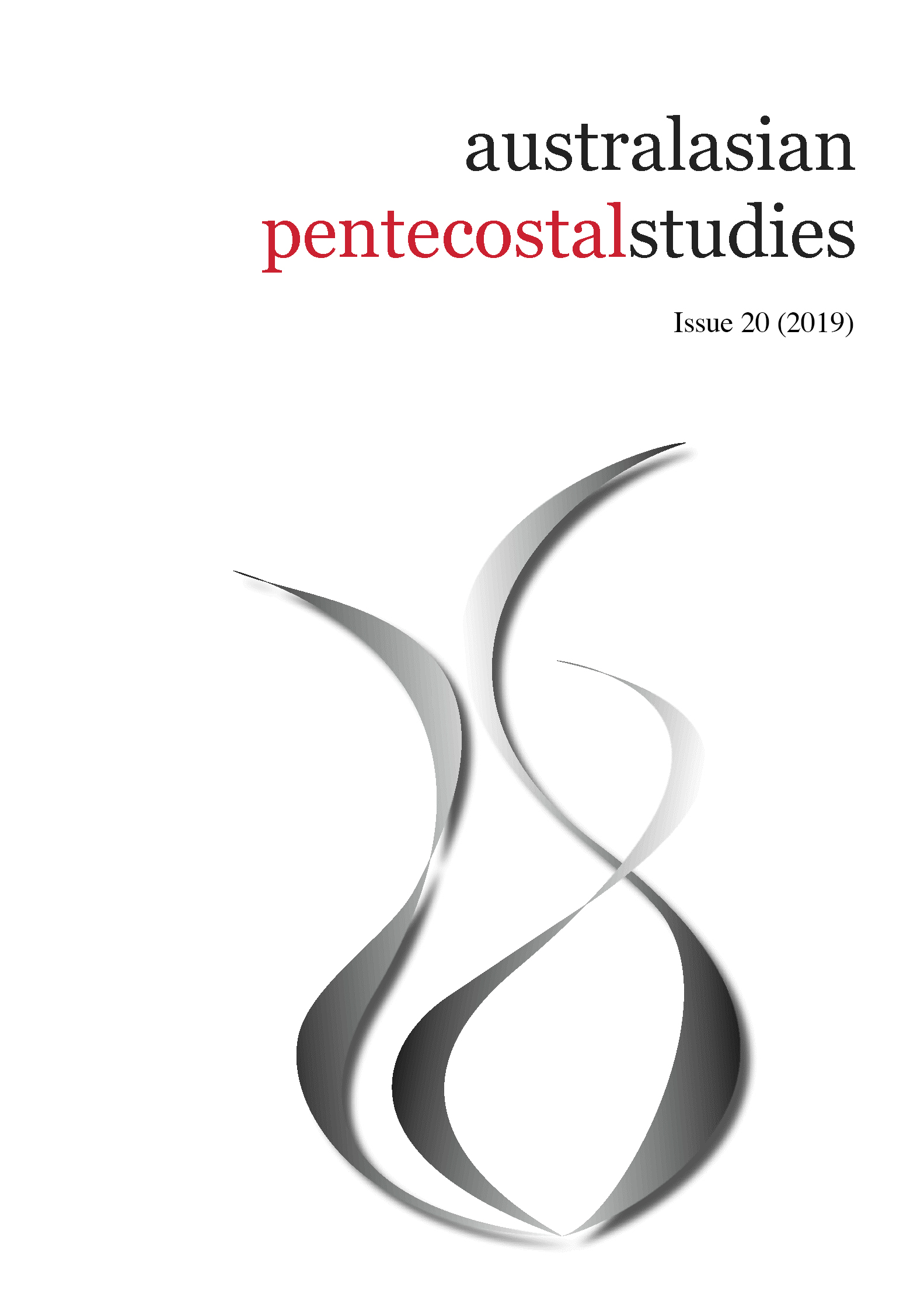Engaging with Aboriginal peoples: Challenging inequality in the rural Australian Anglican Church from a sociological, social work and theological perspective
Abstract
Nearly two thirds of Indigenous Australians reside outside capital cities. Several Anglican Churches in
rural, regional and remote locations strive to engage with Aboriginal communities. A number of Aboriginal people
are active and vibrant members of the Anglican Communion, faithfully ministering and sharing the Christian
message. Two members of the Anglican Church, one Indigenous and one non-Indigenous, via a co-operative
inquiry, explored the question: how do the inquirers perceive the Anglican Church engages with Aboriginal
peoples in rural, regional and remote Australia? From a sociological lens this inquiry explored the impact of
ongoing colonisation on church praxis. It challenged the rural Anglican Church to be courageous and proactive in
role modelling for the world-wide church engagements with Aboriginal people that affirm Australian Indigenous
culture, pastors and leaders’ ministries. It outlined from a social work perspective the importance of advocating
for justice such as fair wages paid in full. From a theological lens the inquiry discussed equality and formation for
rural Anglican ministry. The discussion drew upon rural-themed Christian parables, in particular the parable of
the sower, as well as faith expressed in action. This inquiry argued for the building of just relationships that are
Christ-honouring, led by the Holy Spirit and person-loving. It upheld the reality that all Indigenous and non-
Indigenous peoples are equal image bearers of God and are to be respected and have inherent dignity.
Published
How to Cite
Issue
Section
License
Authors who publish with this journal agree to the following terms:
- Authors retain copyright and grant the journal right of first publication with the work simultaneously licensed under a Creative Commons Attribution License that allows others to share the work with an acknowledgement of the work's authorship and initial publication in this journal
- Authors are able to enter into separate, additional contractual arrangements for the non-exclusive distribution of the journal's published version of the work (e.g., post it to an institutional repository or publish it in a book), with an acknowledgement of its initial publication in this journal.
- Authors are permitted and encouraged to post their work online (e.g., in institutional repositories or on their website) prior to and during the submission process, as it can lead to productive exchanges, as well as earlier and greater citation of published work (See The Effect of Open Access).


